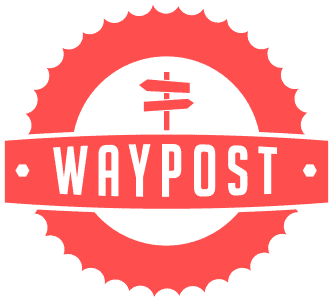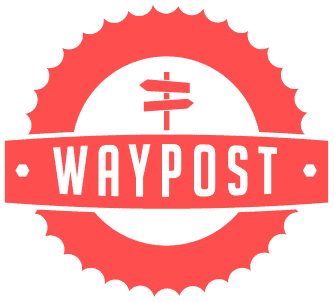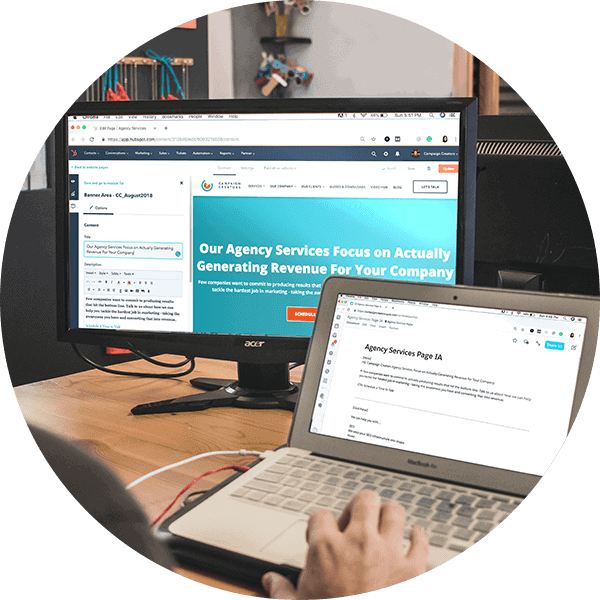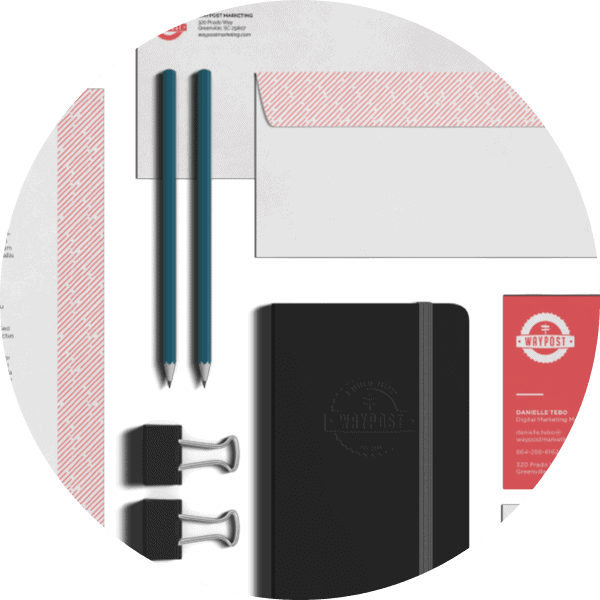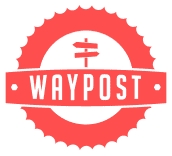
Crafting a Content Strategy That’s Smart
January 30, 2018
5 Ways I Know Your Website Design Doesn’t Do the Job for You
February 7, 2018
So you’ve started building your content marketing strategy, and you think you’ve got it all pulled together. You know what product or service you’re hoping to sell, you’ve set up your story, and you know what social media platforms you’re looking to use. You’ve set up your Instagram account, and you’ve brainstormed a list of blog topics based on keywords you need to target.
You’re ready to start writing and watch the leads roll in!
Here’s the question I have for you:
Who are you talking to?
Oh I know — you’re talking to your readers. Your target market. The people who are interested in the solution you provide.
But who are they?
Build Buyer Personas
A buyer persona is a semi-fictional representation of your ideal customer, based on market research and real data about your existing customers.
Buyer personas help you focus on who you’re talking to, what they need to know, and where they will go to find answer. They should be guiding your entire content strategy.
Marketing without buyer personas is like throwing spaghetti at the wall. Some of it will stick, but most of it will slide down into the floor.
So how do you do this?
Know Where To Go
The first step is knowing where to go to get information about what your ideal buyer. Here are some things you want to look at:
- Regular surveys and meetings with existing clients to maintain up-to-date information
- A-B testing (such as sending out the same email with different subject lines) to find out which approach works best
- Up-to-date analytics reports, allowing you to pinpoint what’s working and what isn’t
- Filtered keyword research, telling you exactly what potential prospects are searching for
- The online behavior of prospects, to find out what questions/concerns you could be answering
Know What To Ask
The second step to creating successful buyer personas is knowing what information you need to gather. This will typically be broken down into a handful of segments.
- Personal Background
Details about personal demographics, education background, and career path are going to help you get inside your target’s frame of mind.
- Company
It’s very helpful to know information about your target’s company: what industry they’re in, size, revenue, number of employees, etc. Additionally, you want to know who you’re targeting within the company. Who is doing the research? Are they the final decision maker, or do you need to create a separate persona for someone who is the final decision-maker, like a CFO?
- Challenges
Now that you know what your persona’s life and company are like, you can start to pinpoint what they’re challenges are. Things like, “I have a hard time finding vendors that provide support when I need it,” or “Our marketing and sales teams just don’t seem to be working toward the same ends” can help you determine what pain points you need to be addressing in your content.
- Goals
Hand-in-hand with your prospect’s challenges, you need to know what their goals are. What problem do they need to eliminate, and what results are they looking to achieve?
The more detailed you can make your buyer personas, the more you will be able to capitalize on your marketing content. What you’re looking to build is a well-rounded picture of your ideal customer.
The most important thing to avoid is making assumptions. Just because you think you know things about your target audience doesn’t mean you’re right. It’s surprising how often you learn new, important facts about your existing customers when you start asking the right questions.
To learn more about Inbound Marketing strategies, tactics, and best practices, help yourself to our free e-book, “The Marketer’s Guide To Inbound Marketing.”
If it all seems like a lot of work… well, it is! A truly thorough content marketing strategy takes a dedicated, experienced team with up-to-date knowledge on the best way to market to the New Buyer Mentality.
At Waypost Marketing, we tailor your strategy from the ground up, from responsive web design and development through inbound marketing tactics like blogging, social media, search engine optimization, email marketing, and more. Interested in more information? We’d love to hear from you! Schedule a consultation online, or give us a call at (864) 288-6162.
